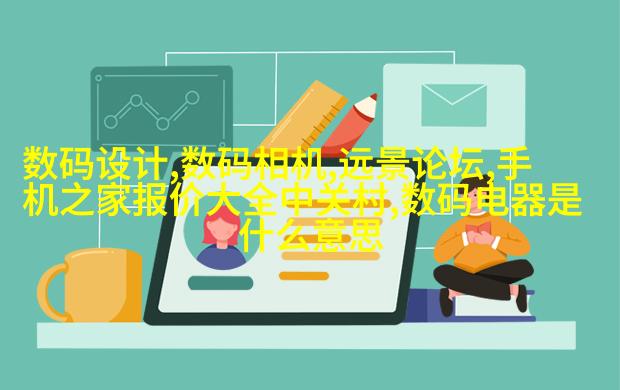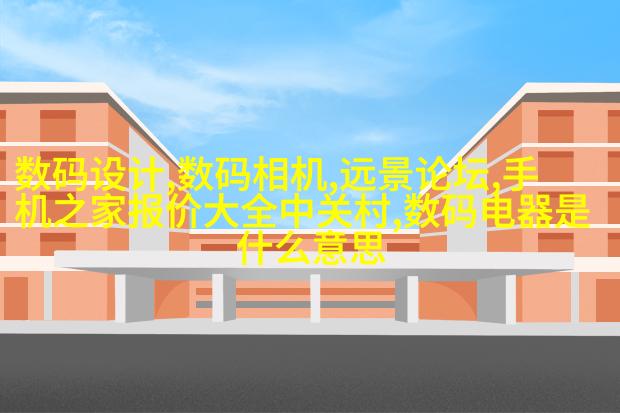工业废气治理技术与政策高效污染物控制措施和环境保护法规
工业废气治理技术与政策

1. 什么是工业废气及其危害?
工业废气指的是在工业生产过程中产生的有害或不良的空气排放物。这些污染物包括但不限于氮氧化物、硫氧化物、挥发性有机化合物(VOCs)、重金属和颗粒物等。它们对环境质量造成严重影响,引起呼吸系统疾病,对人体健康构成威胁。

随着全球经济的发展和工业化进程加快,工业废气排放日益增加,这种情况下有效地治理这种问题变得尤为重要。首先,我们需要了解各种不同的污染源及其排放特点,以便采取针对性的控制措施。此外,对于已经形成的环境问题,应进行积极整治,以减少对人类生活和自然生态系统带来的负面影响。
2. 如何处理和利用工业废水?

除了治理废气外,在处理并利用Industrial wastewater也是一个关键环节。这涉及到一系列物理、化学以及生物学方法,如沉淀、过滤、高效能动力回收(EUDR)等,以及通过微生物降解来分解难降解有机污染物。在某些情况下,如果条件允许,还可以将经过处理后的水资源用于农业灌溉或者其他非饮用目的,从而实现资源循环利用。
然而,无论如何,都必须确保最终排出的水质符合国家或地区规定的标准,并且不会再次造成环境污染。此外,在设计新项目时,要考虑到可持续发展原则,即从源头上减少潜在的污染,并尽可能地减少能源消耗。

3. 工业废弃品如何被回收利用?
Industrial waste products, such as industrial sludge and solid waste, pose a significant challenge to the environment and public health if not properly managed. These materials can contain hazardous substances like heavy metals, toxic chemicals, and other pollutants that can contaminate soil, groundwater, or surface water.

Effective management of these wastes involves proper segregation at source followed by appropriate treatment technologies such as incineration for combustible materials; stabilization/solidification for hazardous inorganic components; composting or anaerobic digestion for organic fractions; and landfill disposal with suitable liners to prevent leachate generation.
In addition to treating industrial waste products themselves, there is also growing interest in developing closed-loop recycling systems where waste becomes a valuable resource rather than an environmental liability. For instance, steel production generates large amounts of slag which contains high levels of metal oxides that could be used as raw materials in cement manufacturing.
The adoption of sustainable practices in managing industrial residues has become increasingly important due to its potential positive impact on reducing greenhouse gas emissions while promoting economic growth through the creation of new industries around recycling and reuse.
4 5年内我们会看到哪些变化?
Over the next five years we expect significant advancements in both technology and policy related to Industrial Waste Management (IWM). One major area is the increased use of renewable energy sources like solar power & wind turbines that reduce dependence on fossil fuels thus decreasing overall emissions from factories etc., especially during peak hours when electricity demand is highest.
Another trend will be towards more circular economy principles being integrated into IWM strategies: this includes encouraging businesses to design out waste right from product development stage by using recycled content wherever possible; reusing items instead throwing them away once they are no longer needed etc.. The goal here is maximize resource efficiency throughout all stages - extraction-production-use-disposal/recycling/repurposing – thereby minimizing negative impacts on our planet's ecosystems while maintaining economic viability too!
Furthermore government agencies worldwide will likely strengthen regulations governing pollution control measures along with imposing stricter standards concerning air/water quality monitoring requirements so companies cannot simply pay lip service but must genuinely work towards improvements over time!